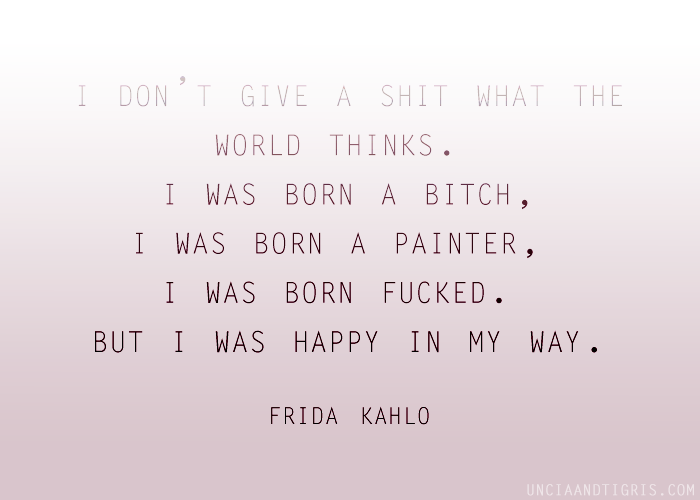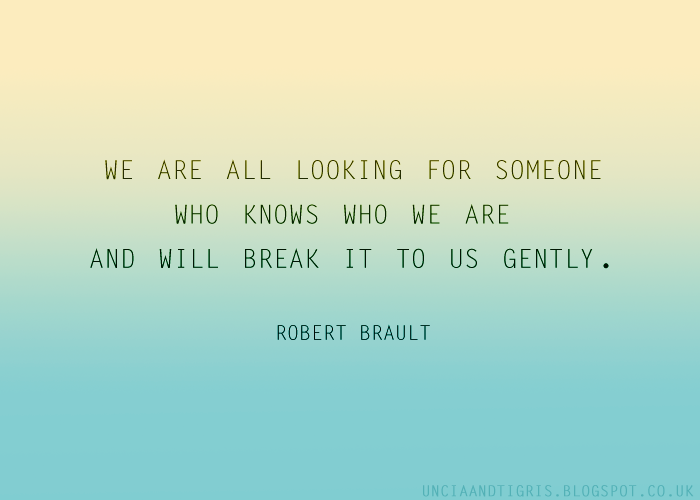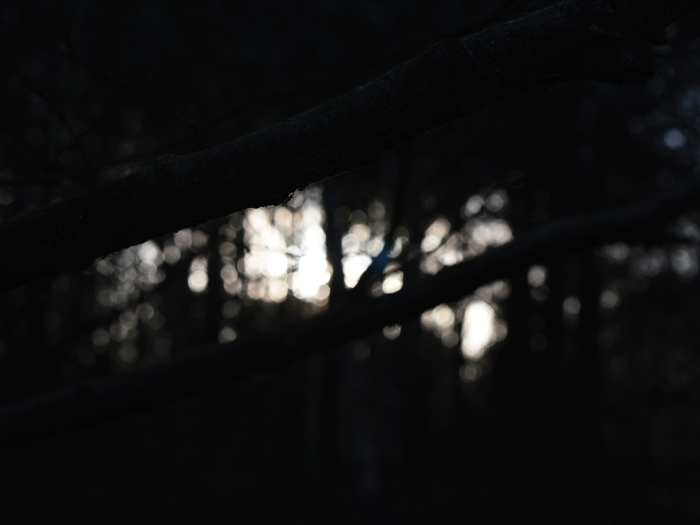"Sometimes we want what we want, even if we know it's going to kill us."
I'm going to try and write this review with no spoilers, and without sobbing, but I literally just finished The Goldfinch, and I have so many feelings about it, that I want to share. It might not be the most comprehensive review, but perhaps it is more of deconstruction of my emotional state, post-reading...
Firstly, I bought this book with some apprehension. The Secret History, also written by Donna Tartt, is one of my favourite books in the world, and I read it at a time in my life when I was very impressionable and emotional. It was one of those things that 'spoke to me', if you will forgive me for how cheesy that sounds. It's for this sort of reason that I've never had any desire to pick up The Little Friend by Tartt - I read The Secret History, with its classical themes, Dionysian characters and bacchanalia's at a time when I was studying Classics and English Literature school, and it was all wrapped up in everything I loved and felt at the time, and it seemed so perfect. It's like a snapshot of my time at college and my life, then.
But, I'm digressing, we were supposed to be talking about The Goldfinch, here! When it was released, I was reluctant to pick it up, taking a few months to actually getting round to reading it. I started this book at New Year, got about 4 pages in, and felt like it was too much to read? I don't know, I was very ill and suffering from the flu, so maybe I was feverish. Either way, the next day, I tried again, and devoured two thirds of the book within several days.
The novel follows the life of Theo Decker, which begins in New York, where he lives with his mother, after his father has left. It starts of slowly, I won't lie, and it takes some getting used to, in a way. I almost lose interest in the details and minutia of Theo's life, until the catastrophe happens, and his mother dies, and I am hooked, just like that. I am suddenly thrown into a story that I'm incredibly invested in, and I find myself caring deeply for characters with questionable morals and motives. The painting in question, The Goldfinch by Fabritius, feels like a character in itself, in how Tartt describes it and how much of a role it plays.
"My moods were a slingshot; after being locked down and anaesthetised for years my heart was zinging and slamming itself around like a bee under a glass, everything bright, sharp, confusing, wrong - but it was a clean pain as opposed to the dull misery that had plagued me for years under the drugs like a rotten tooth, the dirty ache of something spoiled."
Whilst the beginning is slow, the middle portion of the novel, detailing the teenage years of Theo, could drag, but the way that Tartt writes, eases the process. The novel feels like something is slowly winding up, coiling and getting tighter until it springs or snaps, and when it does, I was flying through the pages, practically inhaling the words.
Maybe it has something to do with the fact I studied art that I feel so strongly about it; but there is a line about how a painting speaks to you, when when you see something that you can relate to so precisely, that you feel like it was created for you. I think that is sort of how I feel about The Goldfinch - and I guess my way of relating to something is unique to me. I find the book so emotional (the last page or so, I was sobbing) because it speaks to my own references, my own experiences of things loved and lost, and I want to claim it, and make other people view it the way that I do. But it doesn't really work like that, does it? Cause you will have a completely different experience and references of reading this book to me, or of viewing my favourite painting...
"But if a painting really works down in your heart and changes the way you see, and think, and feel, you don't think, 'oh, I love this picture because it's universal.' 'I love this painting because it speaks to all mankind.' That's not the reason anyone loves a piece of art. It's a secret whisper from an alleyway. Psst, you. Hey kid. Yes you... Yours, yours, I was painted for you."
There is intrigue, obviously, violence and crime, and a bitterness and seediness that runs throughout the novel, and present always, is the distance you feel from Theo and everyone around him, because of the painting. This kind of thing is what I enjoy, as a bitter human myself; I enjoy romanticising things that are not and shouldn't be, and the last chapter or so, after everything has happened, I feel like I could've wrote myself, like Tartt reached into my conscience and poured out a bunch of my thoughts. I want to make people love things like I do, I want to protect beautiful things. People say I'm a marshmallow...
"That maybe even if we're not always so glad to be here, it's our task to immerse ourselves anyway: wade straight through it, right through the cesspool, while keeping eyes and hearts open."













































